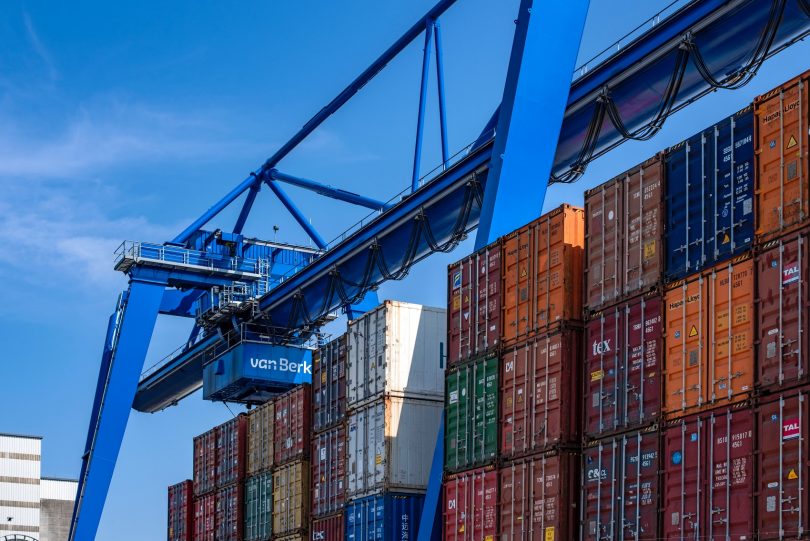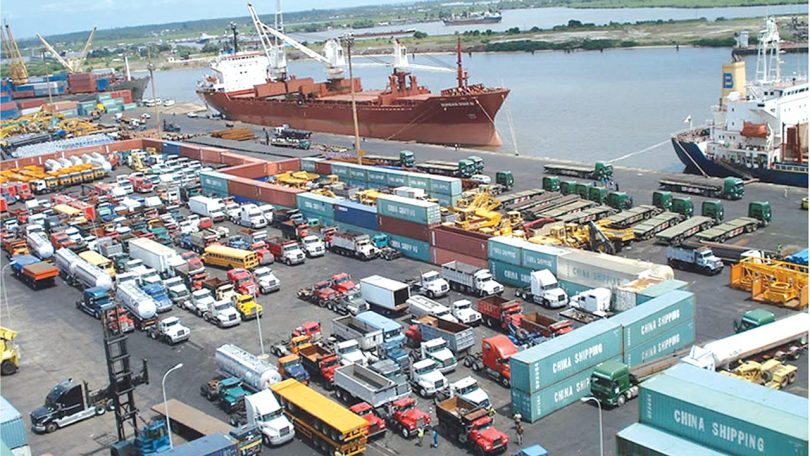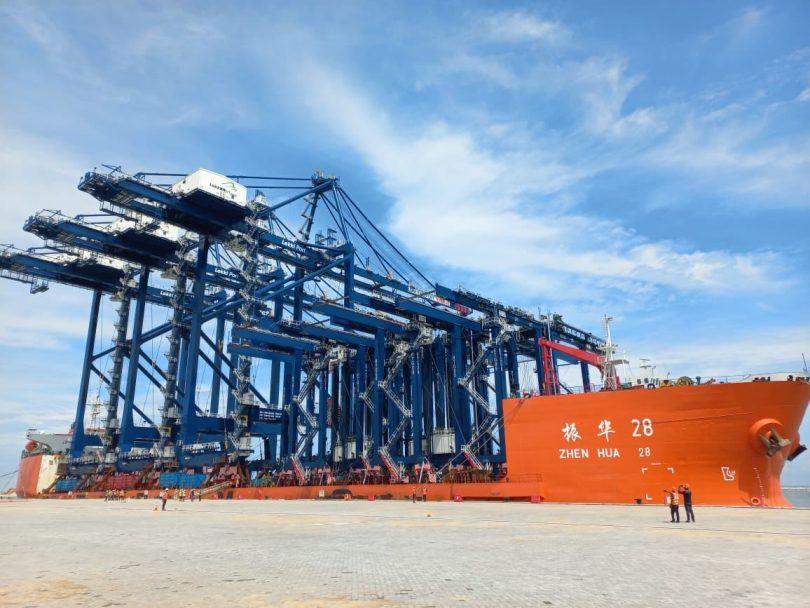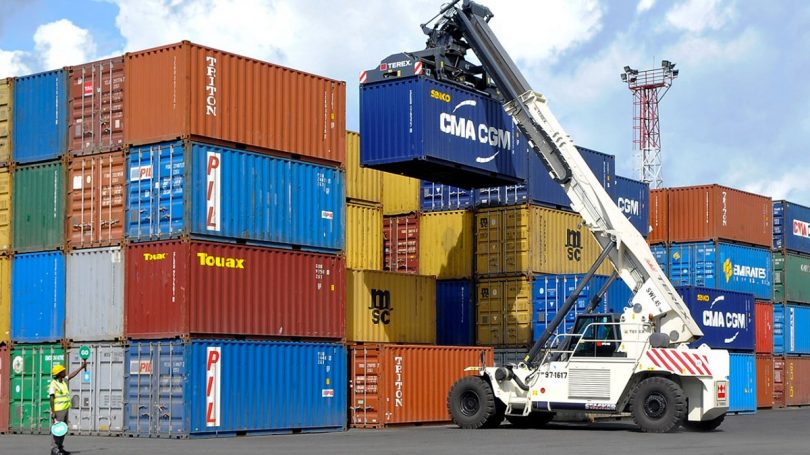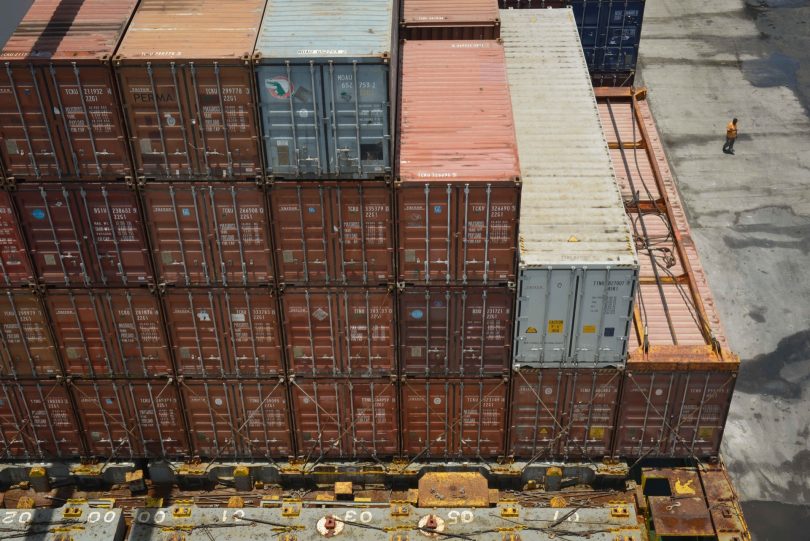Global trade is an immutable part of the global economy. International trade allows many countries to participate in the global economy by creating goods that are important for the people living in other countries at competitive...
Latest Posts
An Overview of Nigeria’s Export Processing Terminals
To process export cargoes faster and boost foreign exchange earnings, the Nigeria Ports Authority (NPA), in August 2022, approved the establishment of 10 new Export Processing Terminals (EPTs) across the country. In addition to...
Effects of the Lekki Deep Seaport on Nigeria’s International Trade
The newly completed Lekki Deep Sea Port is a landmark project in the city of Lagos. This is the first deep seaport in Nigeria with its construction gulping $1.5 billion. Lekki deep seaport which is located inside the Lekki Free...
The Impact of Flooding on Agriculture in Nigeria
Since the release of water from the Lagdo Dam in neighbouring Cameroon in September 2022, many parts of Nigeria have been enmeshed in a devastating flooding crisis. Over 603 people have lost their lives, and more than 1.3 million...
From Consumption to Production: Nigeria’s Economic Imperative
Despite recovery from the COVID-19 pandemic-induced economic meltdown, Nigeria’s economy is still relatively unstable. Mired in deep-seated corruption and poor leadership, the economy is centered on consumption with little or no...
Nigeria in the AfCFTA: Opportunities and Challenges
The African Continental Free Trade Area (AfCFTA) represents the first opportunity in Africa’s history to economically integrate the continent’s over 50 countries and pursue greater prosperity based on free trade and continued...
How the UK’S New Trading Scheme Could Benefit Nigeria
Nigeria is set to benefit from a new trading scheme with the United Kingdom. This was revealed on Tuesday, 16 August 2022, when the UK’s Secretary for International Trade, Anne-Marie Trevelyan, disclosed that Nigeria will be a...
How Nigeria’s Forex Liquidity Crisis Is Affecting Businesses
Nigeria is an import-dependent economy. Meaning Nigeria’s economy relies heavily on importing goods from other countries. For instance, about 70 percent of the medicines used in Nigeria are imported. And despite being an...
Nigeria’s Growing Non-oil Exports Hold Promise for Economy
The export of goods and services represents one of the most important sources of foreign exchange earnings for a country as it complements imports and eases the pressure on the balance of payments. Nigeria’s economy has...
Role of Entrepreneurs as Problem Solvers
Throughout history, man’s existence has been shrouded in a web of complex situations that require a critical approach to problem-solving. The ability of thinkers to proffer solutions to emerging and contemporary problems in...

